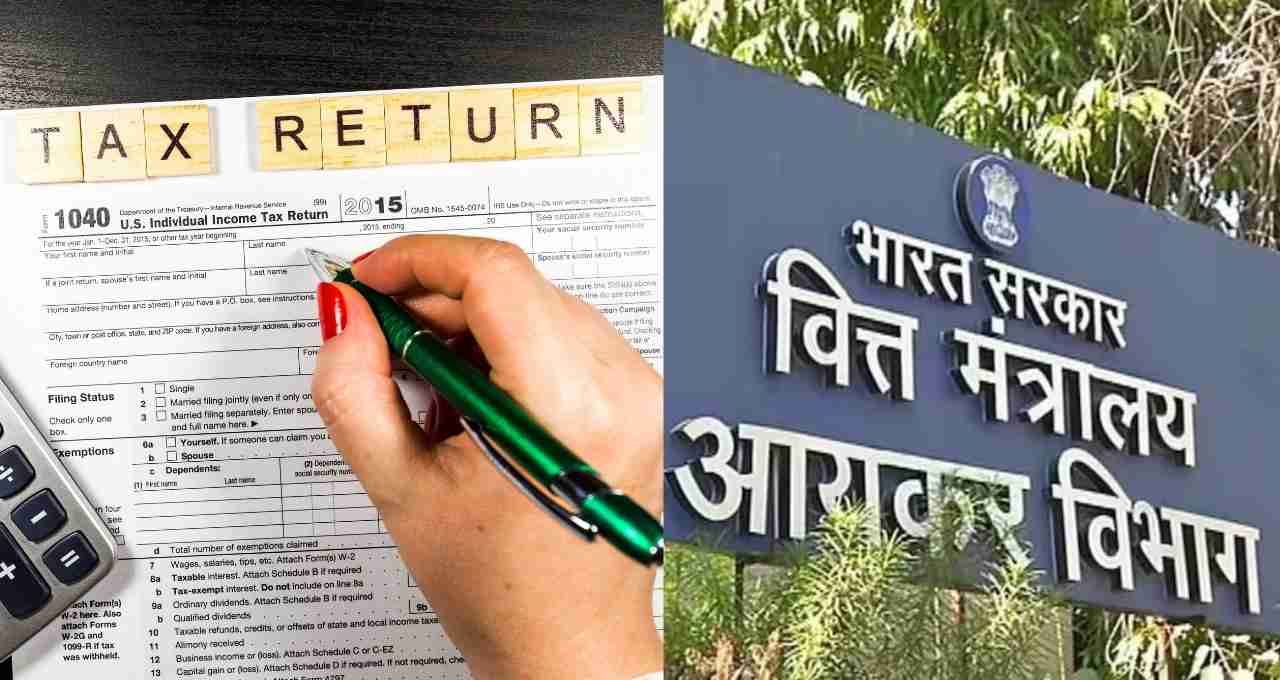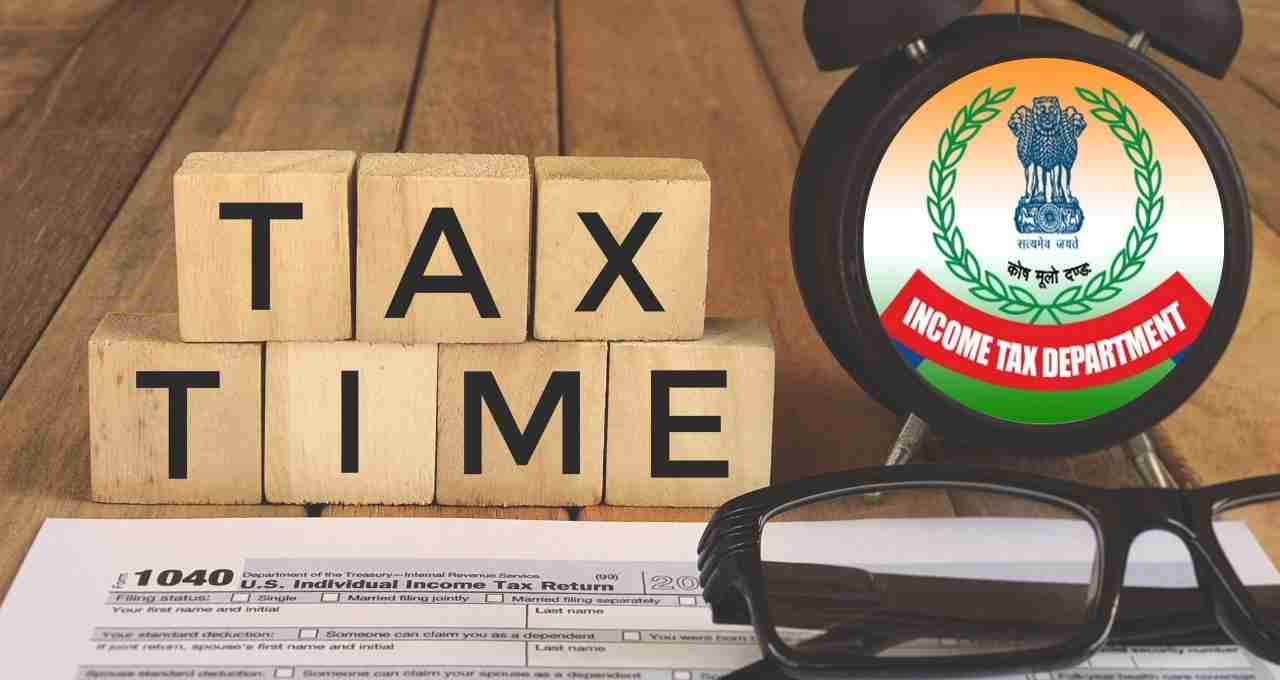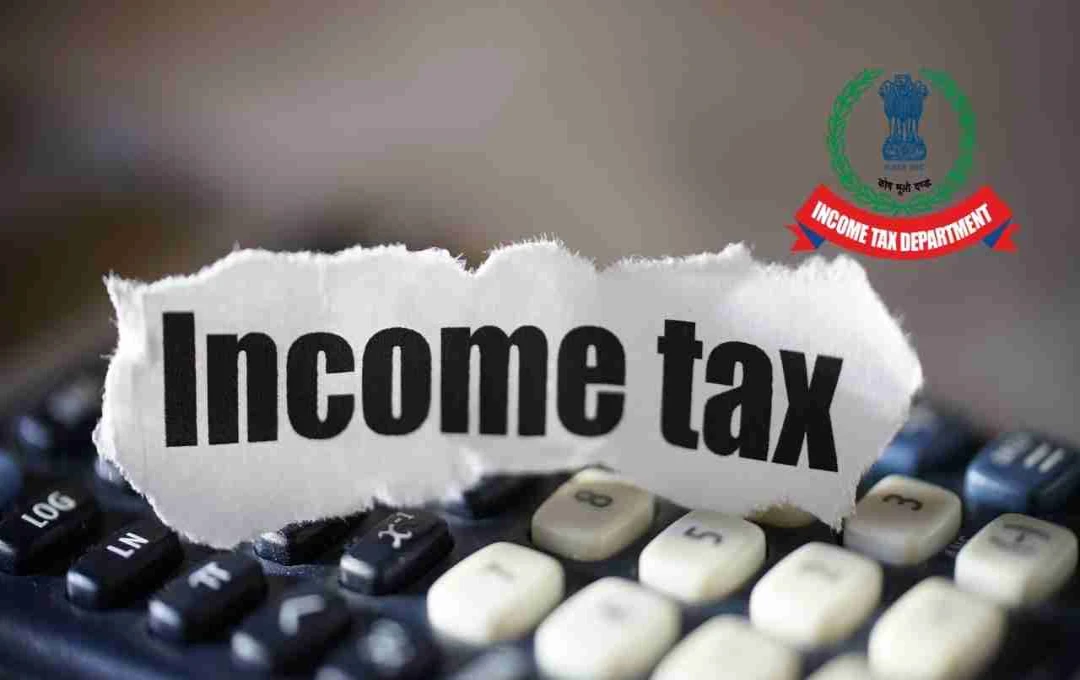If you are a taxpayer and your annual tax liability is ₹10,000 or more, then June 15th is a very important date for you.
New Delhi: If you are filing an income tax return and your estimated tax liability is ₹10,000 or more, then June 15th is a crucial date. This is the last date for paying the first installment of advance tax. Ignoring this date could result in penalties and interest charges.
What is Advance Tax?
Advance tax means paying the income tax on your entire year's income in installments beforehand. This payment is required from individuals and entities whose tax liability in a financial year is ₹10,000 or more. The Income Tax Department has set a deadline for paying this in four installments, ensuring a steady flow of revenue for the government throughout the year and preventing a large burden on taxpayers at the year's end.
Who Needs to Pay Advance Tax?

Advance tax is not only for businessmen. Freelancers, professionals, investors earning from the stock market, house owners earning rent, and salaried employees, if their tax liability exceeds ₹10,000 after tax deductions, are also required to pay advance tax.
However, senior citizens receive some relief. If a citizen is 60 years or older and their income is not from business, they are not required to pay advance tax.
Advance Tax Payment Dates
Advance tax is paid in four installments as scheduled by the Income Tax Department:
- June 15th: At least 15% of the estimated tax
- September 15th: 45% of the total
- December 15th: 75% of the total
- March 15th: 100% of the total tax
Adherence to these dates is mandatory. Failure to pay any installment on time will attract penalties and interest under sections 234B and 234C of the Income Tax Act.
Interest Payable for Non-Payment of Advance Tax
If you fail to pay advance tax on time, you will have to pay 1% monthly interest as additional tax. This interest is levied under sections 234B and 234C.
Under section 234B, if a taxpayer does not pay at least 90% of the tax by the end of the financial year (either as advance tax or through TDS), 1% monthly interest will be charged on the remaining amount.
Section 234C applies when you fail to pay the required tax amount by the due date. For example, if you did not pay 15% of the tax by June 15th, you will have to pay 1% interest every month.
How to Pay Advance Tax

Paying advance tax is now very easy. You can make online payments through the Income Tax Department website or net banking by filling Form 280. Many banks have also simplified this process through mobile apps.
For online payment, you need to enter your PAN number, address, assessment year, and the amount to be paid. Once the payment is made, a challan is generated, which can be kept as a record for future reference.
How to Estimate Your Income
For calculating advance tax, it is essential to first estimate your total income for the year. This includes your salary, rent, freelance income, earnings from the stock market, or any other source of income.
After deducting available tax exemptions and deductions from this total estimated income, the tax is calculated on the remaining taxable income according to the tax slab. 15% of this tax is due by June 15th, 45% by September 15th, 75% by December 15th, and 100% by March 15th.
Important for Companies and Professionals
Advance tax is particularly important for private companies, partnership firms, and freelance professionals because their income is not regular. In such cases, they have to calculate the tax based on an estimate.
If, during the year, it appears that the income is exceeding the initial estimate, taxpayers can add the extra amount in the next installment to avoid interest.
Why is Advance Tax Important for the Government?
Advance tax is a stable source of income for the government. It ensures a continuous flow of revenue during the financial year, helping the government fund its expenses and schemes.
Furthermore, it avoids a lump-sum tax burden on taxpayers, enabling them to develop a habit of regular tax payment.
Some Important Facts Related to Advance Tax
- Advance tax also applies to investors who earn short-term or long-term capital gains from mutual funds or the stock market.
- Advance tax applies to rental income, bank interest, lottery winnings, or any other unexpected income.
- If you anticipate a tax liability exceeding your TDS deductions, paying advance tax on time is advisable.














